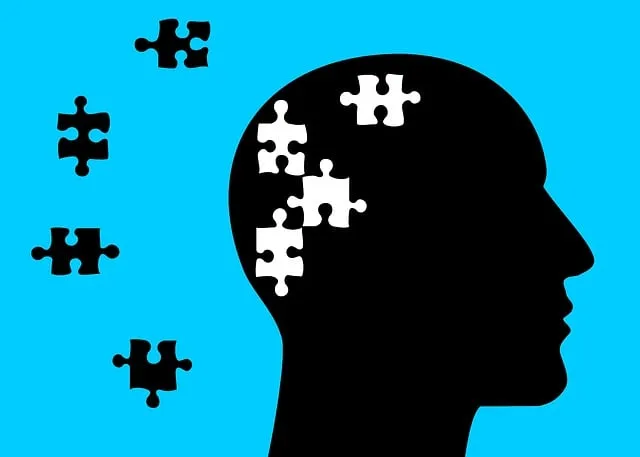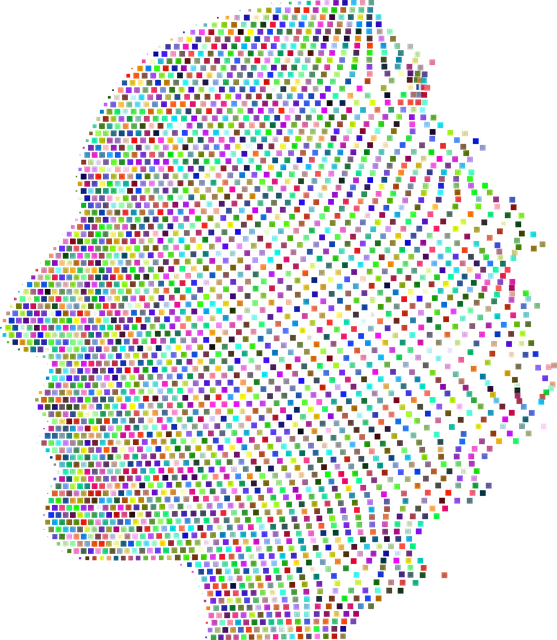Mental illness diagnosis in Northglenn faces geographical and cultural barriers, but organizations like Kaiser Permanente offer accessible mental health services through advanced training, evidence-based protocols, and innovative tools. Kaiser's comprehensive approach includes depression prevention, mood management, and crisis intervention, addressing unique community needs. Strategies like empathy building, policy advocacy, and self-awareness exercises enhance diagnosis accuracy, while AI-driven assessment software and risk management planning ensure effective treatment. Community support and education from Kaiser empower Northglenn residents to manage mental health conditions effectively, fostering open conversations and improved well-being through comprehensive mental health therapy coverage.
In Northglenn, improving mental illness diagnosis accuracy is a pressing need. This article explores efforts to enhance reliability, focusing on Kaiser’s innovative approach to mental health therapy. We delve into key factors contributing to improved diagnosis, including advanced tools and techniques for accurate assessment. Additionally, we highlight the critical role of community support and education in supporting success, especially as Kaiser expands its services to better serve residents in Northglenn. Discover how these strategies are revolutionizing mental health care.
- Understanding Mental Illness Diagnosis Challenges in Northglenn
- Kaiser's Approach to Enhancing Mental Health Therapy Accuracy
- Key Factors Contributing to Improved Diagnosis Reliability
- Integrating Advanced Tools and Techniques for Accurate Assessment
- Community Support and Education: A Cornerstone of Success
Understanding Mental Illness Diagnosis Challenges in Northglenn

Mental illness diagnosis in Northglenn presents unique challenges due to a variety of factors. Access to quality mental health services is often hindered by geographical barriers, with limited resources available locally. This can result in long wait times and decreased availability of specialized therapists, particularly for underserved populations. Additionally, cultural stigma surrounding mental health issues contributes to underreporting and misdiagnosis, creating a complex web that complicates accurate assessment.
In light of these challenges, understanding the importance of comprehensive diagnosis is paramount. Organizations like Kaiser Permanente play a crucial role in Northglenn by offering accessible mental health therapy options through their network of healthcare providers. They emphasize burnout prevention strategies for healthcare providers to ensure consistent and compassionate care. Further, initiatives focused on depression prevention and trauma support services are integral to addressing these complex issues. Services tailored to the community’s specific needs can significantly improve diagnosis accuracy and patient outcomes.
Kaiser's Approach to Enhancing Mental Health Therapy Accuracy

Kaiser has implemented innovative strategies to enhance the accuracy and effectiveness of mental health therapy in Northglenn. Their approach focuses on a multi-faceted system that includes advanced training for healthcare professionals, evidence-based treatment protocols, and ongoing data analysis to monitor patient progress. By emphasizing continuous learning and adaptation, Kaiser aims to improve diagnosis and treatment plans for individuals dealing with various mental health conditions.
One of their key initiatives is the integration of Depression Prevention programs, Mood Management techniques, and Crisis Intervention Guidance within their therapy sessions. This holistic strategy ensures that patients receive comprehensive care tailored to their unique needs. Through these efforts, Kaiser strives to not only accurately diagnose but also effectively manage mental illness, promoting better outcomes for those seeking support in Northglenn.
Key Factors Contributing to Improved Diagnosis Reliability

In the pursuit of enhancing mental illness diagnosis accuracy, several key factors play a pivotal role in ensuring reliable and effective treatment paths. One of the primary contributors is Empathy Building Strategies adopted by healthcare professionals. By fostering deeper understanding and connection with patients, caregivers, and communities, practitioners can gather more nuanced information about symptoms, triggers, and lived experiences, thereby improving diagnostic precision. This empathetic approach not only enhances communication but also encourages patients to share details they might otherwise withhold.
Moreover, Mental Health Policy Analysis and Advocacy at both local and national levels significantly influences diagnosis reliability. Policies that promote early intervention services, reduce stigma, and ensure access to diverse treatment options empower mental health professionals in their diagnostic efforts. For instance, insurance coverage like the one offered by Kaiser in Northglenn for mental health therapy plays a crucial role in encouraging individuals to seek help without financial barriers. Self-Awareness Exercises among healthcare providers can also mitigate biases and personal preconceptions, allowing them to approach each case with open minds, leading to more accurate assessments and tailored treatment plans.
Integrating Advanced Tools and Techniques for Accurate Assessment

In the pursuit of enhancing mental illness diagnosis accuracy, Northglenn’s Kaiser network has embraced innovative tools and techniques. These advancements include sophisticated assessment software designed to capture nuanced behaviors and emotional patterns that may otherwise go unnoticed during traditional evaluations. By integrating artificial intelligence (AI) and machine learning algorithms, professionals gain data-driven insights that improve diagnostic precision. For instance, AI can analyze patient histories, symptoms, and language patterns to flag potential mental health conditions, ensuring no aspect of a client’s experience is overlooked.
Additionally, Kaiser Northglenn encourages the use of Self-Awareness Exercises and Coping Skills Development as integral parts of the assessment process. These methods empower individuals to reflect on their thoughts, emotions, and behaviors, providing valuable information for mental health professionals. Furthermore, implementing Risk Management Planning for Mental Health Professionals is a strategic move to predict and mitigate potential risks associated with specific conditions, thereby enhancing safety and care within the treatment environment.
Community Support and Education: A Cornerstone of Success

In Northglenn, access to community support and education plays a pivotal role in enhancing the accuracy of mental illness diagnoses. Organizations like Kaiser, present in this region, offer comprehensive mental health therapy services that cater to diverse needs. By providing resources for mood management, crisis intervention guidance, and trauma support services, these initiatives ensure individuals receive the necessary tools for improved well-being. This holistic approach not only facilitates accurate diagnosis but also empowers individuals to actively manage their mental health effectively.
Community outreach programs educate residents on recognizing symptoms, demystifying various mental health conditions, and promoting early intervention. This knowledge enables people to seek appropriate help without stigma or hesitation. Moreover, community support networks foster a sense of belonging, encouraging open conversations about mental health challenges and reducing the burden individuals often face when navigating their diagnoses.
Mental illness diagnosis accuracy in Northglenn can be significantly improved through a multifaceted approach. Organizations like Kaiser are leading the way by integrating advanced tools and techniques, emphasizing community support, and providing comprehensive education. By addressing key factors such as access to care, professional training, and cultural competency, Northglenn residents can expect better mental health outcomes. Kaiser’s dedication to enhancing therapy accuracy demonstrates that with focused efforts, we can improve diagnosis reliability, ensuring that those in need receive the appropriate care and support.



